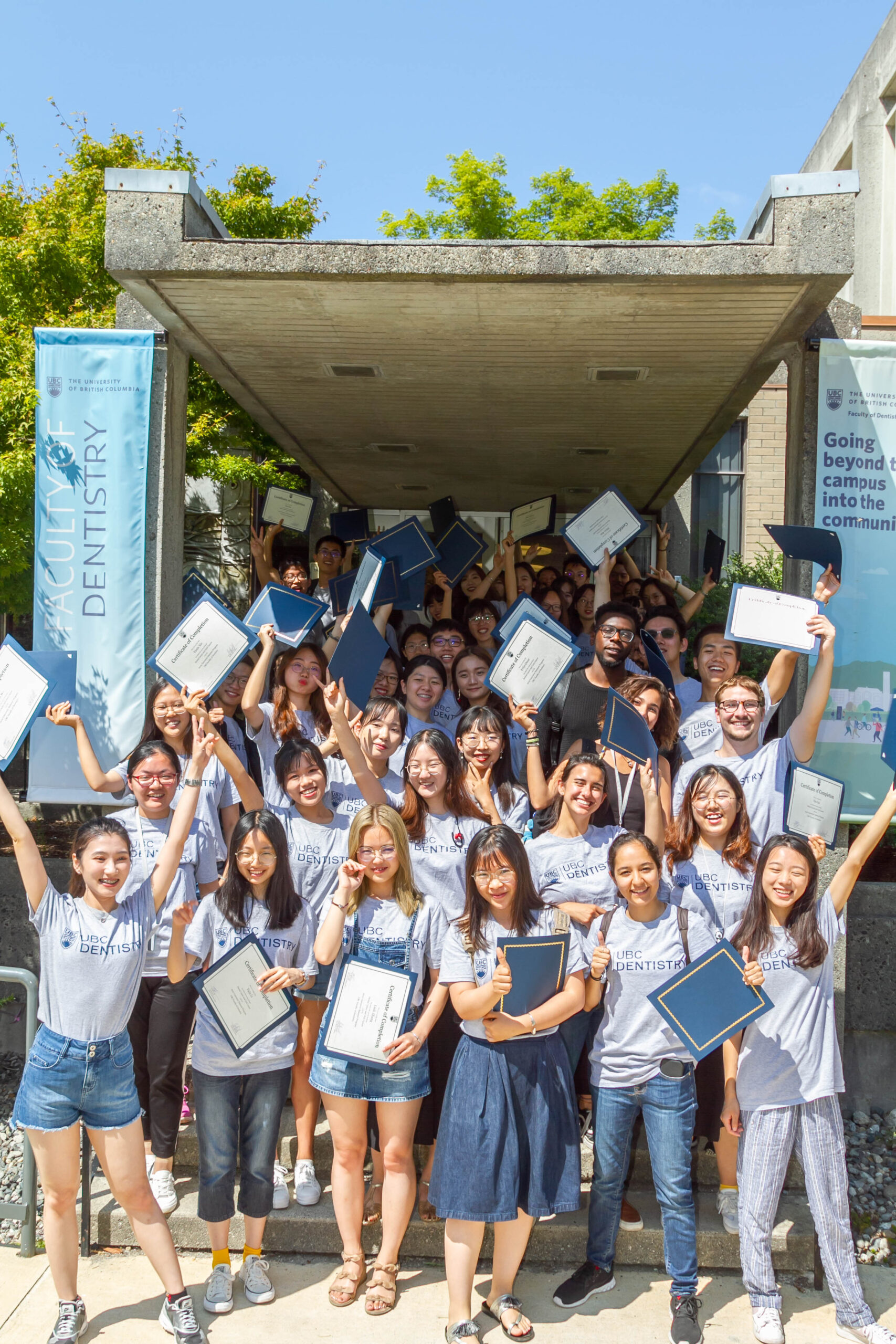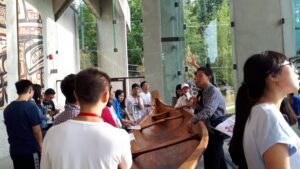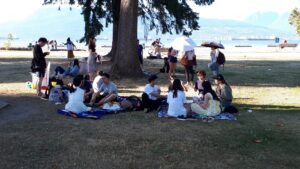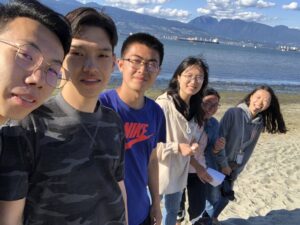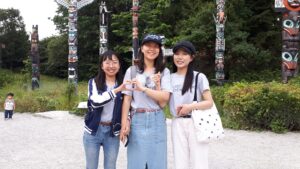What you might expect/course format
The Faculty of Dentistry is particularly well prepared to continue to make significant contributions to our profession’s body of knowledge through our active faculty research, outstanding curriculum and the most technologically advanced dental clinic in the world, the Nobel BioCare Oral Health Centre. Courses will consist of interactive in-person lectures from UBC Faculty of Dentistry instructors and researchers.
July 2024 Course Packages
Dental Caries and Restoration
Dental caries is a common human infectious disease affecting more than 90% of all humans. The disease requires a combination of bacteria, a sugar source and a susceptible tooth mineralized surface. Bacteria metabolize sugar producing acid as a by- product that dissolves the tooth surface mineral. Destruction of the tooth leads to the pathology, dental decay. Dental decay is a progressive process and if it is allowed to continue it can progress into the dental pulp and the supporting bone. If a bacterial abscess forms in the bone supporting the tooth, it is often necessary to remove the tooth. Dental caries is the leading cause of tooth loss in the world. Tooth loss affects the ability to eat, alters nutrition and has a dramatic impact on the quality of life. This course will take a comprehensive look at the implications dental caries to understand how this disease impacts human populations.
Oral Cancer
Cancer of the oral tissues is the 6th most common type in the world. In some developing countries oral cancer is much more common due to oral habits and exposure to chemicals that can cause cancer. The five year survival rates for oral cancer remain low with nearly half of all the affected individuals dying from the disease. Early diagnosis of oral cancer is the most effective approach to decrease the mortality and morbidity. Pre-malignant lesions exist that have a much higher chance of becoming oral cancer and the recognition and management of these lesions can prevent cancer development. Oral cancer occurs in an anatomic location that is amenable to early diagnosis. Many techniques have been developed to aid in the recognition and diagnosis of both pre-malignant and malignant oral lesions. In this course the development of oral cancer, the clinical signs of the condition, the clinical and laboratory procedures for diagnosis and the long term consequences of an oral cancer diagnosis will be covered.
Prerequisites: No prerequisites
Proof of COVID-19 Vaccination: Required
For more information
For VSP Dentistry-specific questions, email Siobhan Ryan, Assistant Manager for Student Services, at siobhan@dentistry.ubc.ca.
Student testimonials
– Junyi Xu, VSP Dentistry Student
– VSP Dentistry Student
